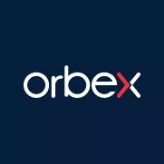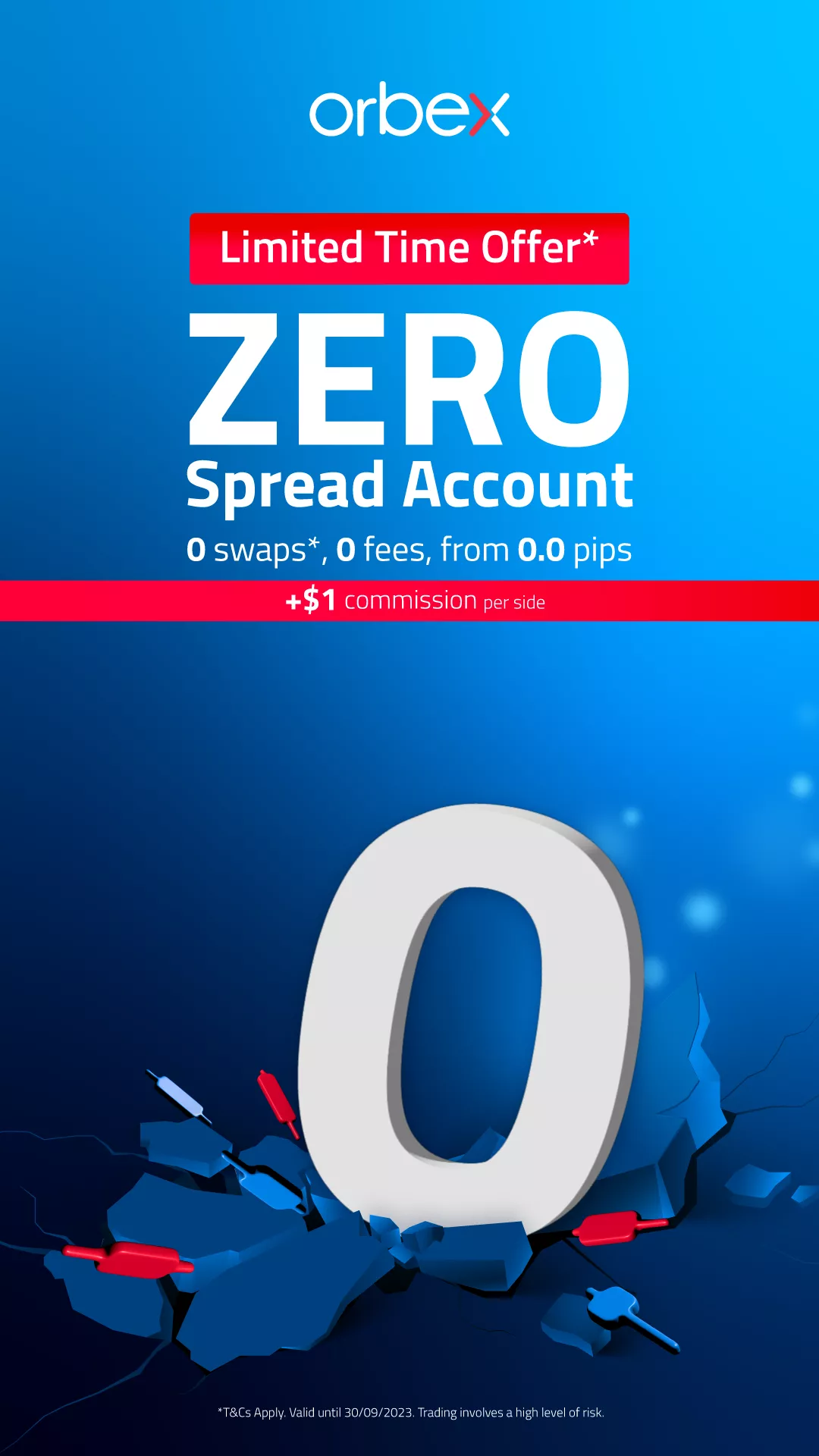An overview of economic platforms
In the aftermath of the Dutch, Austrian and French elections, markets now turn their attention to the most important of the eurozone elections: the German election. As the country is the largest economy in the eurozone, the nation’s political leadership can have a key impact on the health of the eurozone economy and the election race is being closely tracked by investors. In this article, we introduce the main political parties running in this election.
CDU/CSU

April 28, 2017, Sierksdorf: Angela Merkel on an election campaign at the family day from the CDU
The Christlich-Demokratishce Union (CDU) is Germany’s main centre-right party. The party formed in 1950 after World War two and developed out of the Centre Right party, which dated back to 1870 and is now defunct. At the core of the party’s ideology is a belief in conservative social values and a social market economy which is essentially a free market which also focuses on social equity. The party also supports European integration as well as membership of NATO.
In terms of those supporting the party, the key demographic tends to be the Catholic population in south west and western regions though there is growing support among those with different religious beliefs as well as non-religious persons. The party is led by current Chancellor Angela Merkel.
The Christlich-Soziale Union (CSU) is the CDU’s sister party and the two tend to be in agreement on most issues although the CSU is typically more socially conservative. Although the party is a national party it only stands for office in Bavaria where it was founded in 1945 and has governed the area since 1949 except for three years over 1950-1953. The party is led by Horst Seehofer.
SPD

February 19, 2017, Lübeck: Politician and candidate for chancellor Martin Schulz from the SPD at a election campaign
The Sozialdemokratische Partei Deutschlands (SPD) developed out of the labour movement of the 19th century and began as a Marxist party, founded in 1875, making it Germany’s oldest political party. The party has traditionally been supported by working class voters with the majority of its support coming from the bigger protestant cities in the North of Germany and industrial cities of the Ruhr, however over recent years it has made more effort to engage the middle class.
The key focus points of the party are social democracy, a social market economy, a welfare state, civil rights and European integration. Up until the last ten years the party had been the biggest in Germany but support fell in the early 200s as the Left Party flourished. The party, led by Martin Schultz,is currently part of the “grand coalition” with the CDU/CSU. The election of Schultz as leader has seen the party taking a more modern approach, embracing social media in a bid to win the votes of the younger electorate.
FDP

BERLIN, GERMANY – APRIL 23, 2017: FDP Plaque At The National Office Of The Party
The Freie Demokratische Parei (FDP), founded in 1948, is a liberal party which is focused on both economic and social liberalism having shifted from its origins as a centre right party. The party has typically been the junior party in coalitions formed with the two major parties and has actually been in government more than any other party. The FDP are in favour of the European project and support European integration but believe that Europe needs to become federalised and de-centralised.
Alliance ‘90/Green Party

Berlin, Germany – August 11, 2017: Election campaign billboard of German political Green party.
The Bundnis 90/ Die Grunen was established in 1993 out of a merger between the Green Party and the German Alliance ’90. The new party is led by Simone Peter and Cem Ozdemir. Traditionally, the party has focused on issues of environmentalism and pacifism, however pacifism faded as priority when the party entered into a coalition with the SPD in 1998 as the party backed the bombing of Kosovo and later the US attack on Afghanistan. The party’s key focus areas now are alternative energy, sustainable development and green transport. The main support for the party typically comes from higher income urban professionals.
The Left Party

APRIL 2014 – BERLIN: the logo of the left wing socialist party “Die Linke”, Berlin.
Die Linke is a relatively new party formed in 2007 when the Party Democratic Socialism (PDS) merged with breakaway members of the SPD and trade unionists. The party which is the country’s fourth largest, is also the country’s most left wing party and focus on traditional leftist ideals of neutralising capitalism through increasing government spending and increasing taxation on corporations and high earners. The party receives the majority of its support from older generations and is led by Sahra Wagenknecht.
AfD

APRIL 2014 – BERLIN: a poster of the conservative anti european party “Alternative fuer Deutschland”
The Alternative fur Deutschland party was formed in April 2013 and shot into focus when they won 4.7% of the votes in the 2013 federal election, only just missing the 5% threshold needed to sit in the Bundestag. The aprty are strongly Eurosceptic and propose a “Dexit” (German exit from the EU) if they gain power. The party have largely built their support base off the growing discontent with the rising level of immigrants in Germany, capitalising on European terror attacks to bolster their support based. The party is led by Alice Weidel and Alexander Gauland.




